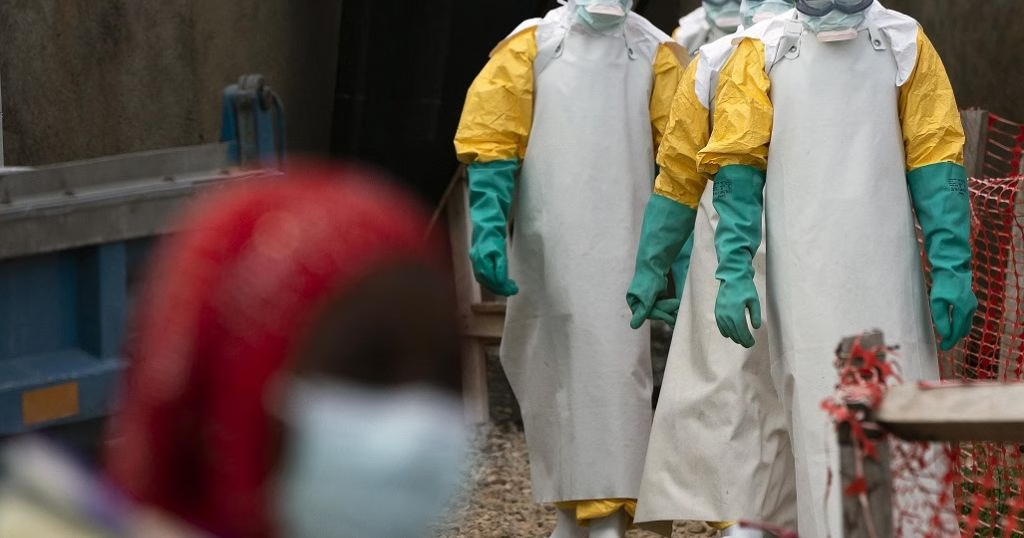
Jasarevic stressed the urgency of the situation, as there has been a rapid increase in cases over a few days, posing a significant risk to public health.
Despite thorough testing, the samples have tested negative for the Ebola and Marburg viruses, leaving officials perplexed about the underlying cause of the outbreak.
The concerning situation began on January 21 in two remote villages in the Equateur province, where there have been 419 reported cases resulting in 53 deaths.
The villages, which are located more than 120 miles apart, have raised questions about whether the cases are linked.
It is uncertain how the disease is transmitted, particularly whether it can spread from person to person.
Notably, the first reported victims in one village were children who had eaten bat meat and fell ill within 48 hours, according to the Africa office of the World Health Organization.
In light of these developments, Jasarevic emphasized the urgent need for support for local health authorities.
He pointed out the challenges faced in these remote areas of Congo, which include limited laboratory and surveillance capabilities, as well as transportation and infrastructure difficulties.
To effectively address the outbreak, it is crucial to assist local health officials in transporting samples to the nearest laboratories equipped to handle such cases.







